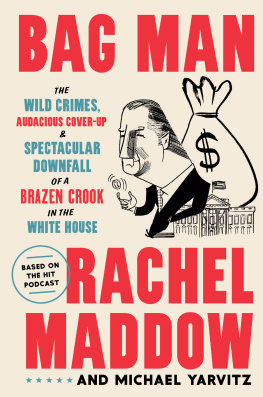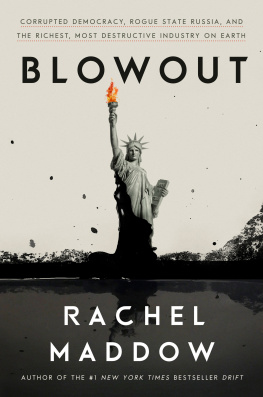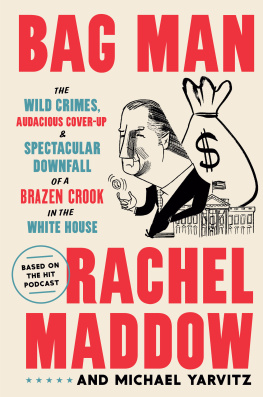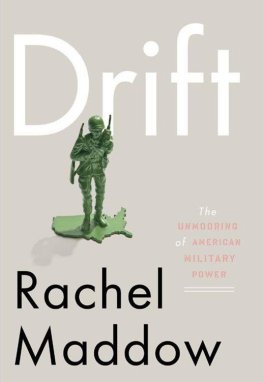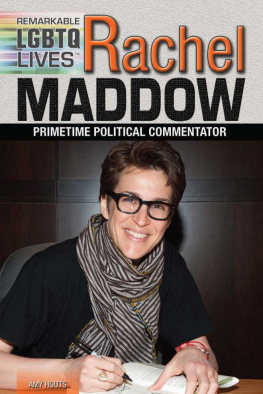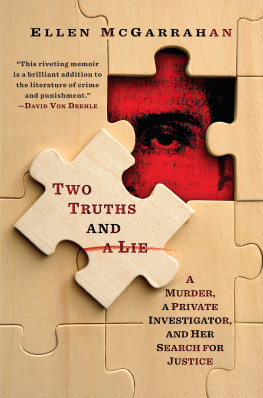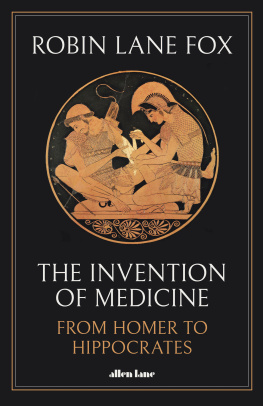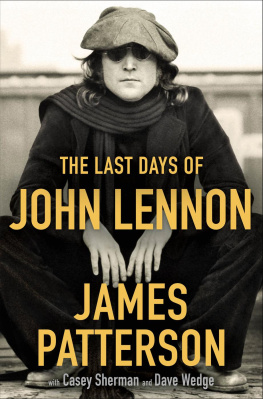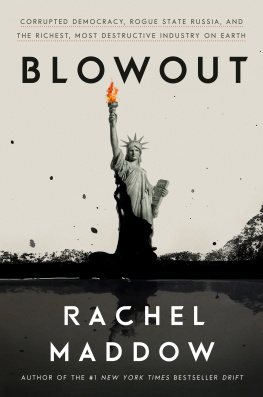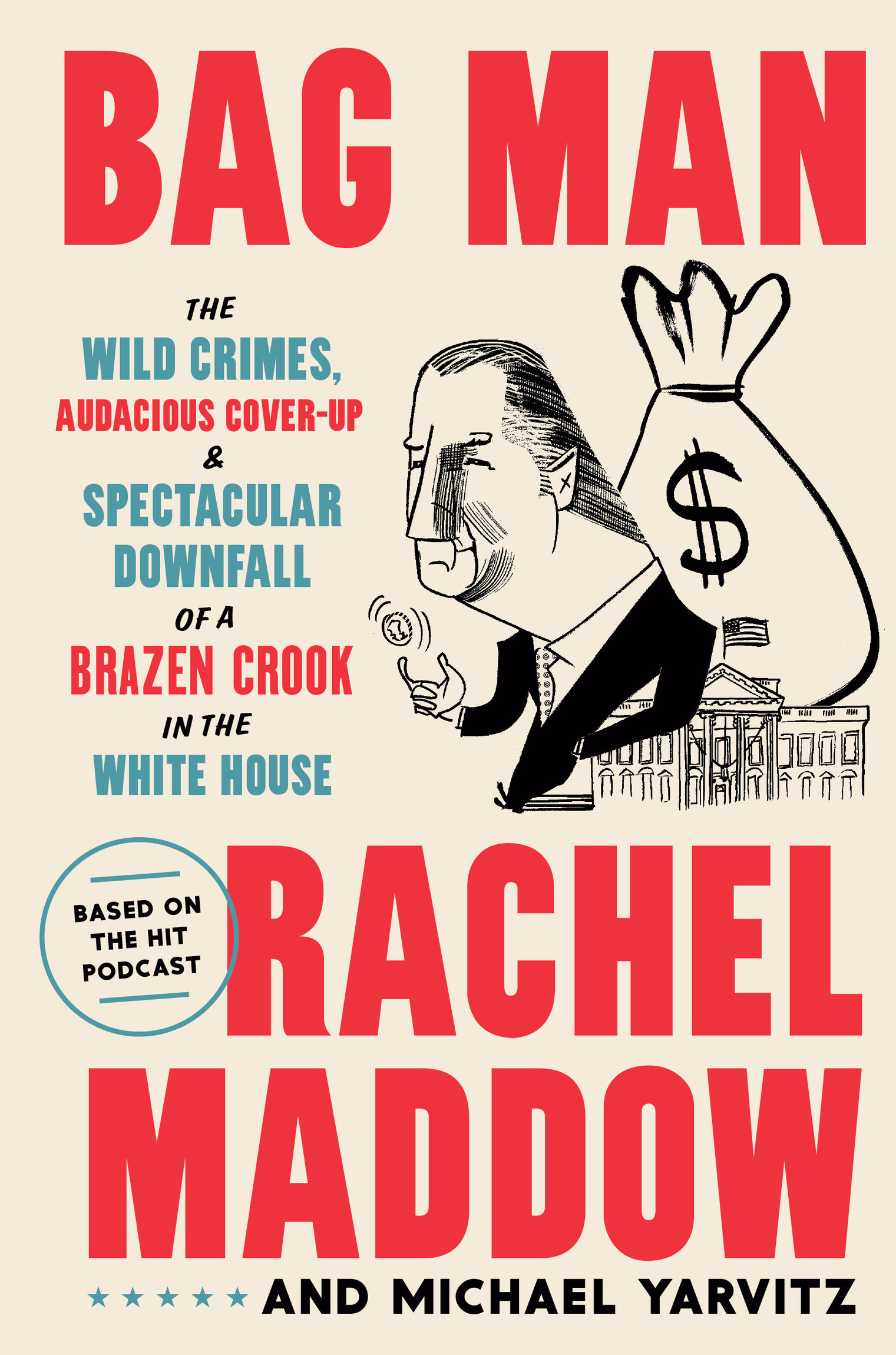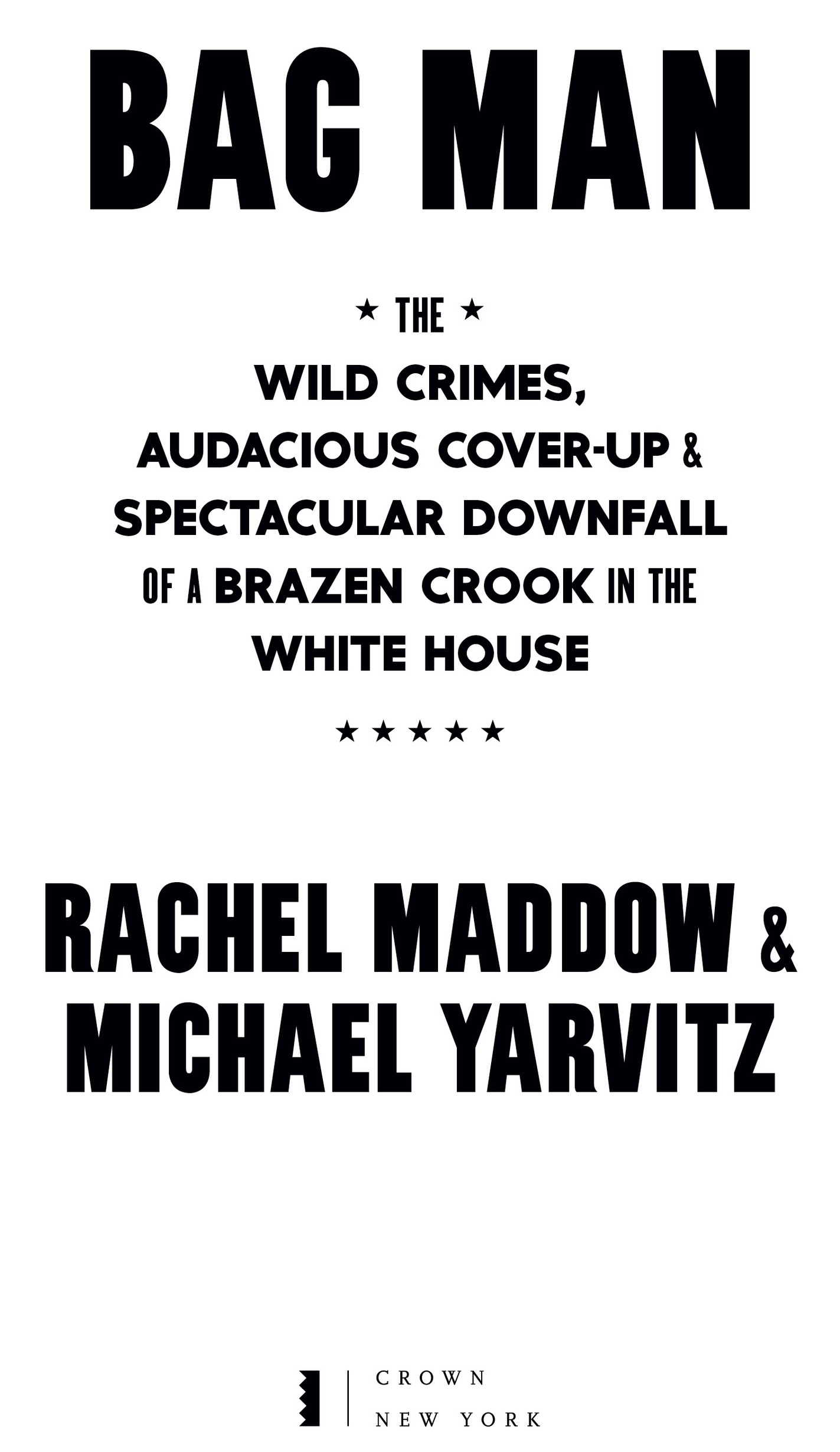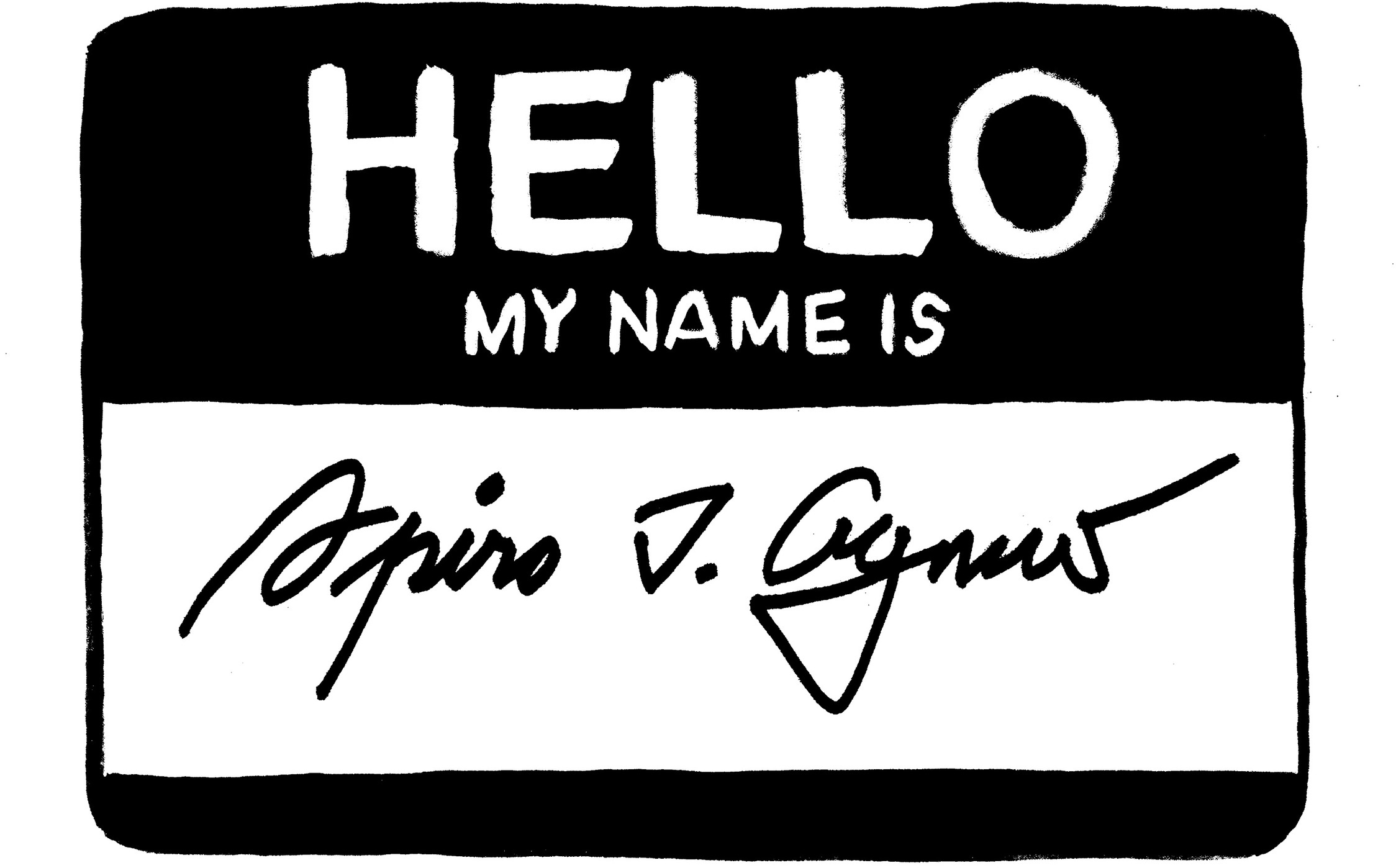All rights reserved.
Published in the United States by Crown, an imprint of Random House, a division of Penguin Random House LLC, New York.
CROWN and the Crown colophon are registered trademarks of Penguin Random House LLC.
All photographs are courtesy of the authors unless otherwise noted.
There is a mysticism about men. There is a quiet confidence. You look a man in the eye and you know hes got it. This guy has got it. If he doesnt, Nixon has made a bum choice.
RICHARD NIXON, ON SELECTING SPIRO T. AGNEW TO BE HIS VICE PRESIDENTIAL RUNNING MATE, AUGUST 1968
PROLOGUE
WHATS A SPIRO AGNEW?
When Lyndon Johnson requested airtime one evening at the end of March 1968, network television bosses in the know assumed the president planned to address the nation on the growing conflict in Vietnam. LBJ certainly had some explaining to do on that front. He had campaigned for the presidency four years earlier on a pledge to keep America from getting dragged into a full-on war in Vietnam. He had promised that he would not send thousands of young American men to do what Asian boys ought to be doing for themselves, that is, fighting off the Communists. But then he had done just what he said he would not.
By the time the 1968 presidential primary season was in full cry, with Johnson fighting off challenges from the peace-monger candidates in his own party, the war in Southeast Asia was not only raging but escalating. Dozens of U.S. soldiers and marines died every single day in Vietnam: every day, seven days a week. By that spring, many of the American boys being killed over there were draftees, not volunteers. The Tet Offensive, launched by the North Vietnamese forces at the end of January 1968, had spiked U.S. casualties on the battlefield. And spiked the number of troops Johnson said he needed on the ground in Vietnam. More than half a million. And all of that spiked doubt and frustration back home. After the surprise of Tet, the war suddenly seemed far from winnable anytime soon. More than a thousand American boys were dying every month, and nobody was sure this dear and bloody sacrifice would achieve anything worth having.
Johnsons nationally televised address on March 31, in prime time, unfurledat the startabout as expected. While many Americans doubtless fumed about missing the new episode of Bonanza or The Smothers Brothers Comedy Hour, the president spent nearly three-quarters of an hour defending the war in Vietnam and restating its purpose. He granted the pain [the war] has inflicted and the misgivings that it has aroused, but would not apologize for doing what he thought best. What we are doing now, in Vietnam, he said, is vital not only to the security of Southeast Asia, but it is vital to the security of every American. He was aiming for peace, and soon, he explained, but refused to give away the store to the Commies. Our common resolve is unshakable, the president asserted, and our common strength is invincible. He insisted that the enemys recent campaign of attack was a failure. [The Tet Offensive] did not collapse the elected government of South Vietnam or shatter its armyas the Communists had hoped, he said. It did not produce a general uprising among the people of the cities as they had predicted. But you could almost hear it in his hangdog voice; Johnsons own confidence seemed shaky.
And then, right at the end of his address, the president said something unthinkable, something nobody saw coming. With Americas sons in the fields far away, with Americas future under challenge right here at home, with our hopes and the worlds hopes for peace in the balance every day, he said, I do not believe that I should devote an hour or a day of my time to any personal partisan causes or to any duties other than the awesome duties of the officethe Presidency of your country. Accordingly, I shall not seek, and I will not accept, the nomination of my party for another term as your President.
I shall not seek, and I will not accept. Good God.
A sitting president of the United States, constitutionally eligible to run for another term, decidedwithout warning to even his closest aides, without confiding completely in his own vice presidentto call it quits.
That bombshell tossed into the middle of the presidential nominating process sent both Democrats and Republicans scrambling to recalculate their odds and their strategy. Each major partys nominating process had been a pretty wild political slalom that year. But now, with the incumbents stunning announcement that he was leaving of his own accord and the race for the White House suddenly wide open, both the Democrats and the Republicans eventually decided to settle on tried-and-true figures for the top lines of their respective tickets: LBJs incumbent vice president, Hubert Humphrey, would run for the Dems, and Eisenhowers old VP, Richard Nixon, would be the man for the Repubs. The only surprise on either slate turned out to be the man whom Nixon picked to be his running mate: a little-known first-term governor from a mid-Atlantic border statea novice and novel political figure who would ultimately turn out to have far more impact on our national trajectory than most Americans have ever stopped to consider. His now-all-but-forgotten story has also turned out to be an odd historical doppelgnger, almost a premonition, for what the country would go through with the next Republican president who would face impeachment, after Nixon.
On paper, the Democrats 1968 nomineeHumphreywas a stolid, predictable, no-nonsense choice. Not only was he a household name for his long service as LBJs vice president, but he had been a lion of the Senate, a brave and early champion of civil rights. A safe choice for the Dems. You might think. The optics of the Democrats 1968 convention were considerably less reassuring. There were fits of pandemonium on the floor of the convention hall in Chicago, led by antiwar Democratic delegates who were sure that Humphrey was poised to continue the grinding, disastrous war that was ripping the country apart.
And the action inside the hall was nothing compared with the energetic and riotous activity that all but shut down the streets surrounding the site of the convention, Chicagos International Amphitheater. Those frantic scenes became the enduring images of the 1968 presidential election: outrage and antiwar protests laced with paroxysms of violence; Mayor Richard Daleys Chicago police, joined by National Guardsmen, clubbing the agitators first into submission and then into paddy wagons.
A young Republican political operative sent to monitor the Democratic convention surveyed the scene and reported back on his findings. We should side with Daley and the cops, twenty-nine-year-old Patrick Buchanan told his boss, the partys newly minted presidential nominee, who really didnt need to be told. Law and order, that was his thing.

